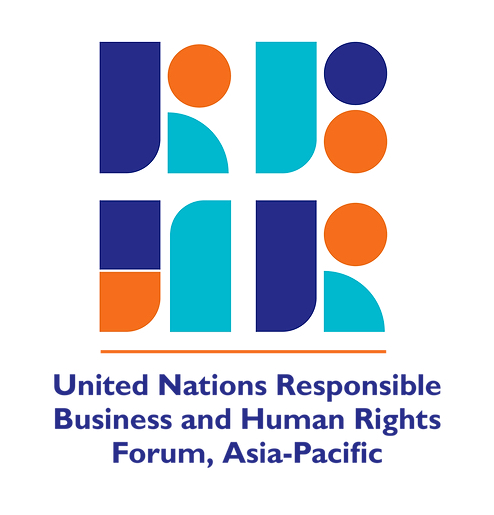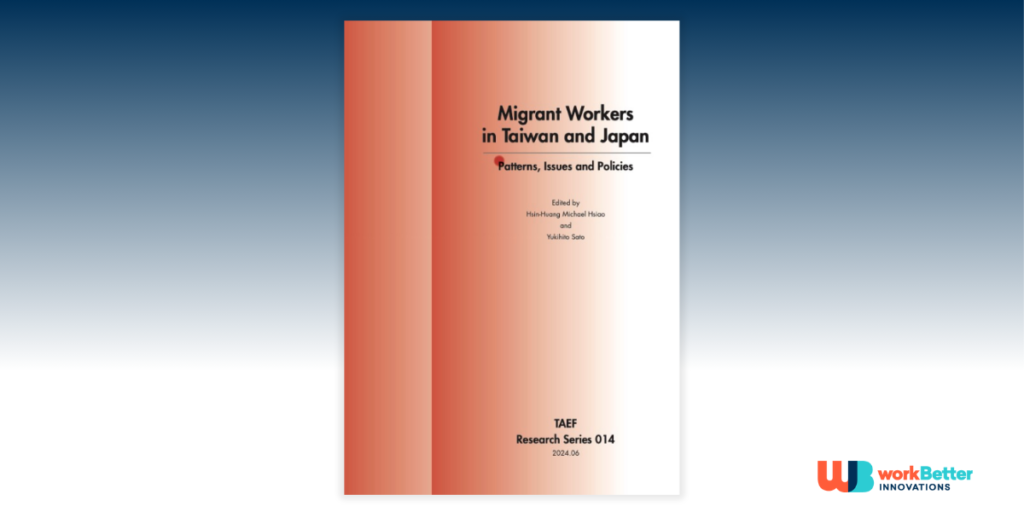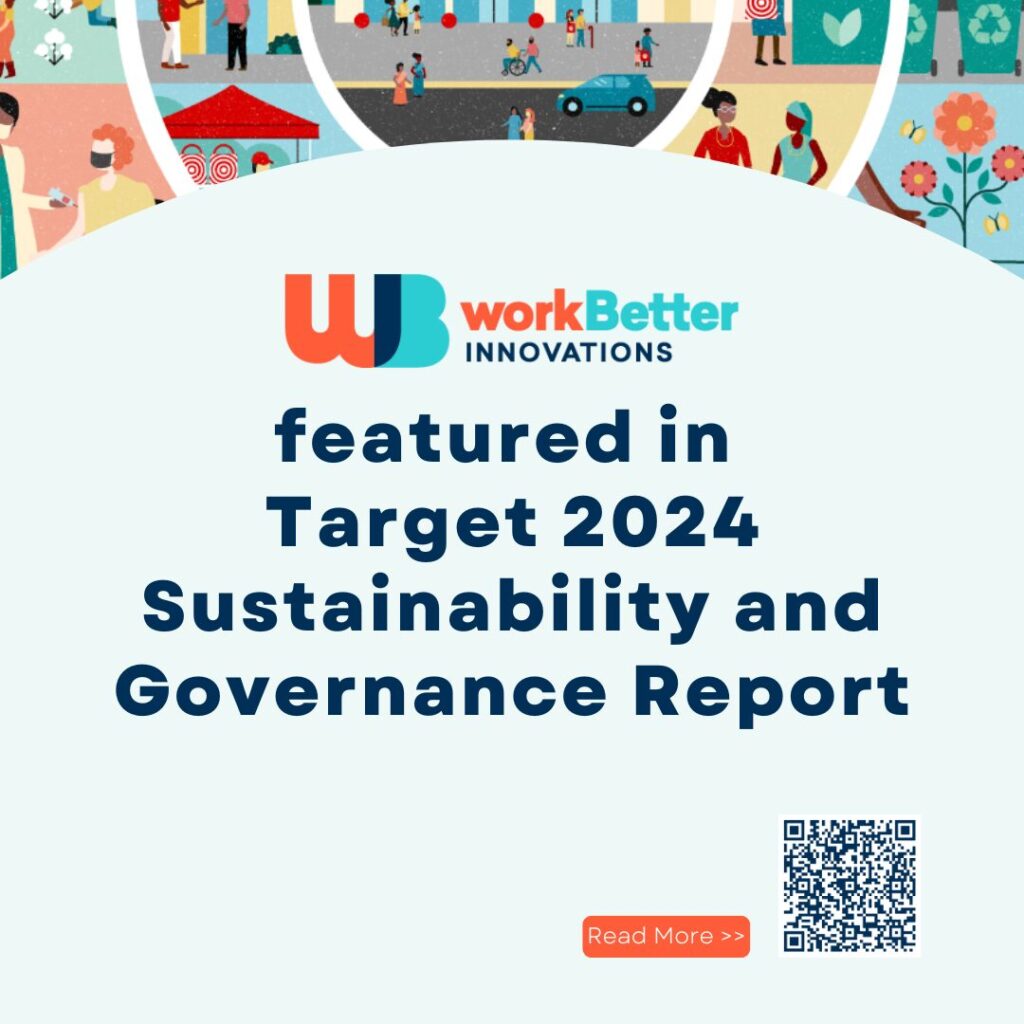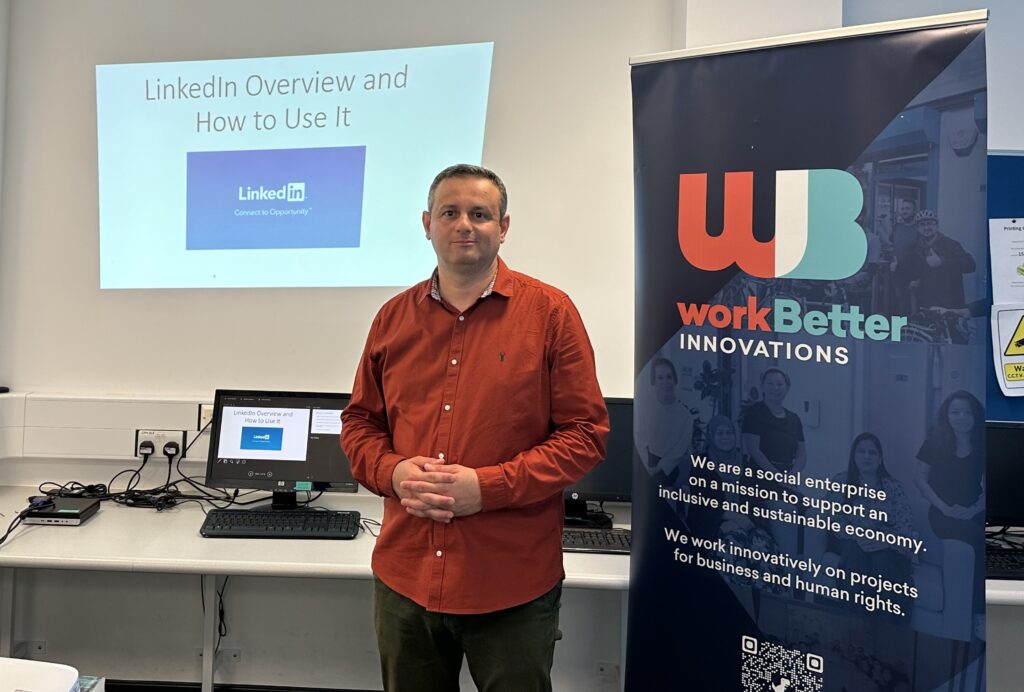Titled ‘Harnessing Levers of Change’, the fourth edition of the annual South-Asia Pacific UN Forum on Responsible Business and Human Rights was an opportunity to examine the currently developing rapport between business and the human rights agenda.
The regional Business and Human Rights Forum highlighted, on the one hand, encouraging forays made into advancing corporate responsibility through multi-lateral agreements on human rights due diligence, and re-stated, on the other, the continued need for investors worldwide to press for their implementation.
There was general consensus from business stakeholders as much as from civil society and academia, that only a move from a voluntary to a mandatory approach concerning business and human rights due diligence is what will cause the necessary shift in corporate human rights records.
The case for a legally-embedded due diligence
Presently, low levels of commitment are registered by KnowTheChain and other corporate benchmarks with regards to businesses’ efforts to identify, prevent and mitigate the impact of their operations on workers, and more broadly, on their surroundings. KnowTheChain found companies to score on average a mere 29% for their human rights due diligence efforts.
Furthermore, almost half (46.2%) of the largest companies in the world analysed in the latest Corporate Human Rights Benchmark* failed to show any evidence of identifying or mitigating human rights issues in their supply chains. This contrasts sharply with the number of complaints and violations against the OECD Guidelines on Multinational Enterprises detected. Findings published by the World Economic Forum revealed that abuses of workers’ rights reached a record high in 2022. From workers’ right to strike to their denied access to justice, to community displacement, human rights continue to be violated left, right and centre despite the optimistic (or shall we say wilfully ignorant?) attitude of the 46.2%.
In the UK, unlike Germany, Norway and France, the approach to corporate sustainability has been a mix of voluntary approaches and soft law with little effect. Nearly a fifth of the total complaints made globally by human rights defenders were related to UK business activity. Without a clear directive like the Corporate Sustainability Due Diligence Directive adopted by the European Commission, UK companies risk complacency with their operating models. The law must therefore step in to ensure that businesses are not only aware of the standards, but are also given clear and direct instructions on how to achieve these.
Investor influence
It is important to note the importance of trade, not only as a means of exchanging products, but also knowledge; more specifically, legal expertise. The case for this is clearly laid out in an article posted by our Executive Director Dr Bonny Ling in the Commonwealth Magazine. Referring to the newly developed TSMC foundry in Taiwan as a joint venture between , she affirms:
TSMC must act as a conduit for business and human rights. It must do all that it can to bring and diffuse this specialist technical knowledge on human rights due diligence back to Taiwan. Beyond chips, this is the wider promise of Kumamoto for the future of Taiwanese businesses.
As Dr Bonny Ling puts it, investors and developers must act as a bridge for the ultimate achievement of the UN Sustainable Development Goals, not only out of moral and ethical interest but also financial. This is because goods are increasingly unable to enter certain markets, where there are higher human rights exceptions. The business and human rights landscape is evolving very quickly, and the challenge is upon all enterprises to adapt quickly and be good global corporate actors for the achievement of a responsible economy.






